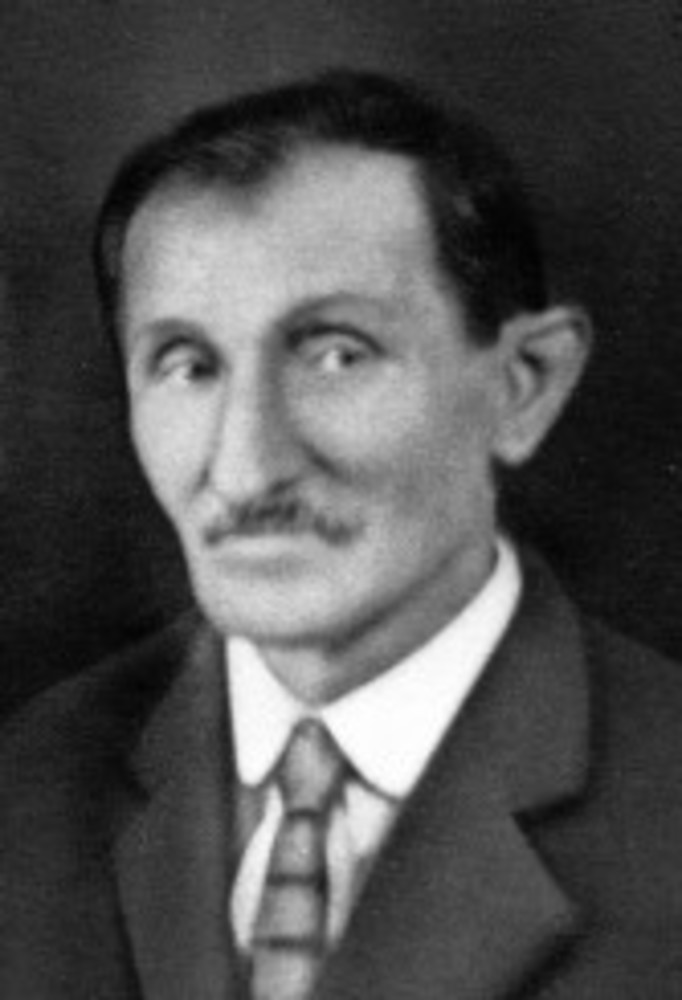Speaking of immigration

All the recent talk about immigration brings to mind an oral history and some records in the Rhode Island Jewish Historical Association archives. Tova Reis, archivist at Temple Emanuel, brought us an interview conducted in 1977 by Helene Lewis with Lena Sugarman Wexler. Mrs. Wexler was in her eighties at the time.
Mrs. Wexler began her reminiscences of her life in the North End of Providence by mentioning “a politianer” [sic] named John Nelson. Nelson was a flamboyant character and well-known in the North End of Providence. He was a successful jeweler and owner of properties along North Main St. and Constitution Hill, as well as a home on Doyle Ave., “next to the fire station.” Mrs. Wexler recalled “… he was the first, the first one that got an automobile. Nobody saw an automobile yet...(H)e used to come flying up North Main St. and Constitution Hill and toot his horn that everybody should come out and see the automobile.”
There is no evidence that Nelson was a politician, and it is evident from Mrs. Wexler’s account that she meant a citizen. It was important because as a citizen and property owner, he could be one of the two witnesses required for immigrants applying to any of four courts in Rhode Island for citizenship. No matter that the applicants may not have known how to speak or write English. For 25 cents, John Nelson took care of everything.
There is no doubt that Mr. Nelson was very busy making newcomers citizens. His name appears 194 times as witness in the lists of Jews naturalized before 1906 in US Court for the District of Providence, Supreme Court of the State of RI, and Superior Court for Providence and Bristol Counties. (The list compiled by David Adelman appears in RIJHA Notes Vol 1, #1, 1954). Although there were many men whose names appeared with frequency, none came close to Nelson.
By way of full disclosure, my grandfather Samuel (Shmay) Kotler came to the U.S. from Kiev in 1886. Seven years later, he was granted citizenship with the help of John Nelson and Jacob Cohon, who was also a very frequent witness before the courts. I do not know if my grandfather had to pay a quarter to Mr. Nelson or Mr. Cohon. That was not part of the family lore.
The records in the RIJHA archives end in 1906 because in that year, Congress enacted a new law. The United States Naturalization Act created the Bureau of Naturalization and Immigration and standardized the immigration laws throughout the country. It also provided for uniform questionnaires that required for the first time the names of wives and children and verification of the date of arrival. The new law also required immigrants to learn English.
With the swipe of Theodore Roosevelt’s pen, John Nelson’s avocation as witness came to an end. He still retained his jewelry business at least until 1920, when he no longer appeared in the Providence City Directory.
ANNE SHERMAN is the office manager of the Rhode Island Jewish Historical Association. To comment on this or any Rhode Island Jewish Historical Association article, email info@rijha.org.







